Almond Milk
Ingredients
1 cup almonds, soaked over night
4 cups of water
1 tsp of vanilla extract
pinch of cinnamon
optional sweeteners - 1.5 tbsp date syrup or honey/ or 2 medjool dates.
This is one of the most nutritious alternatives to dairy milk & I make this every week.
Instructions
It’s important you soak the almonds over night or for at least 6 hours.
I prefer to use whole blanched almonds because they already have their skins removed & offer a slightly bitter taste.
Add the almonds to your blender on a high speed for about 2-3 minutes with 1.5 cups of water.
After a few minutes you should have a smooth puree mixture. Then add your cinnamon & medjool dates or your honey along with the remaining cups of water & keep blending for 2-3 minutes. At this point in the process you should have a smooth slightly frothy mixture in your food processor.
Strain the milk using 3-4 layers of cheesecloth over a metal strainer directly over a bowl, using a spatula to press down & move any remaining solids. This helps the almond mixer through the cheesecloths.
Almond is a great dairy free milk substitute & is less fattening than normal dairy milk. Additionally there’s no cholesterol or saturated fat in almond milk. Its low in sodium & high in healthy fats e.g Omega fatty acids, which helps to prevent high blood pressure & heart disease.
Almond milk provides calcium & vitamin D, which reduces your risk of arthritis & osteoporosis along with improving your immune function. It is also a good source of the antioxidant vitamin E, so it can prevent cancer & slow down aging.
Almond milk without the sweeteners is low in carbohydrates & won’t increase your blood sugar levels, reducing your risk for diabetes.
It also contains copper, zinc, iron, magnesium, phosphorous, potassium & selenium. These vitamins & minerals are naturally available in almond milk & fortified in cow’s milk.
Its also contains fibre & doesn’t contain any lactose so its gentle on your digestion.
I prefer to keep my almond milk refrigerated, however it isn’t actually essential unlike normal dairy milk.
Please be aware that almond milk may not be safe to feed infants & may cause tree nut allergies to develop – please speak to your doctor before giving almond milk to your infant.

